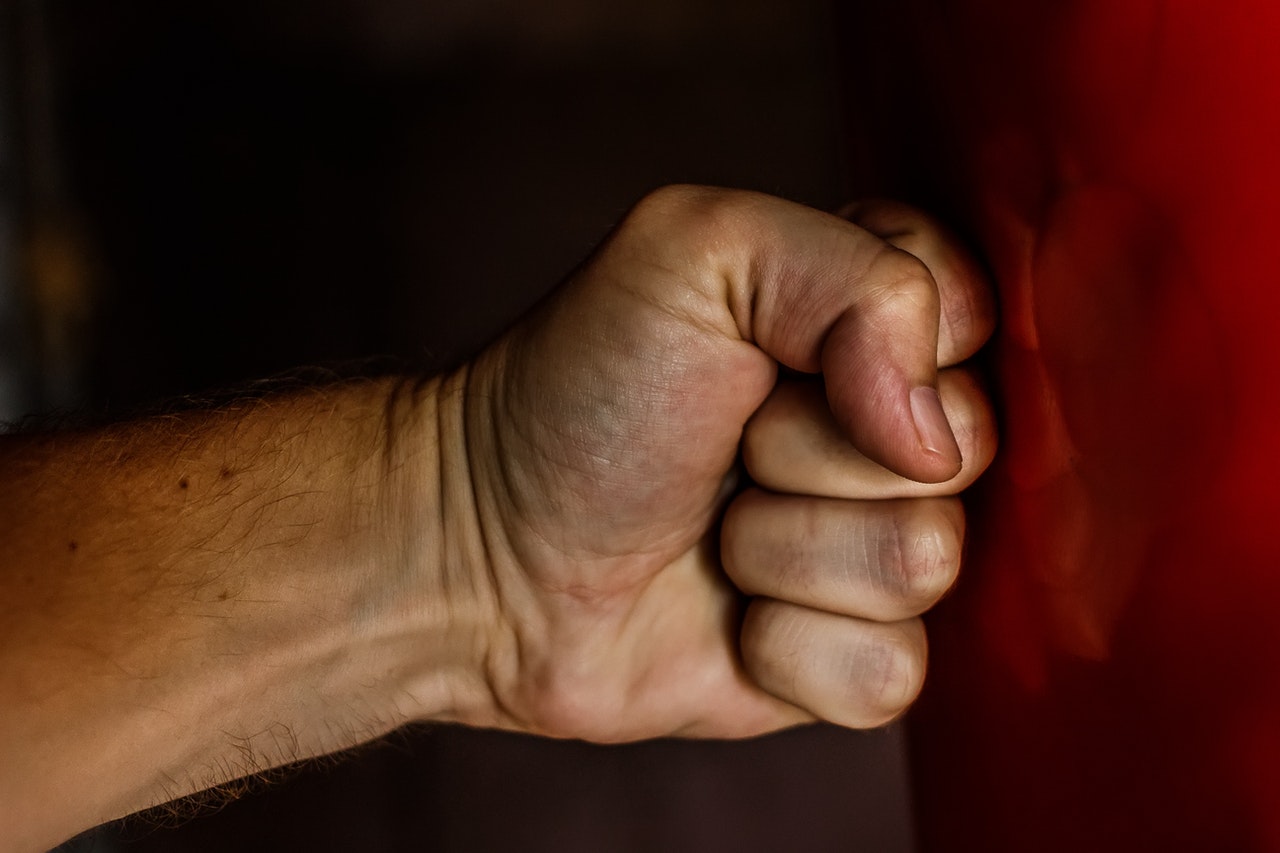Intimate partner violence (IPV) is an issue that’s getting more coverage lately as people become more aware of the problem. It’s surprisingly and unfortunately common. According to the CDC, one in four women and one in ten men experience intimate partner violence in their lifetime. In order to combat intimate partner violence, a term sometimes used interchangeably with domestic violence, it’s important to understand what IPV looks like and how it affects people.

What exactly is intimate partner violence (IPV)?
Intimate partner violence is defined as any physical, emotional, or psychological violence, including stalking, done by an intimate partner. IPV can occur in any intimate relationship, not just a sexual one, and can include a variety of abuse, not only physical abuse. Verbal abuse, threats, mental abuse, emotional abuse, and intimidation are also considered IPV.
IPV is considered violence regardless of whether it occurs once or repeatedly and of the length of the relationship.
What are the problems associated with intimate partner violence?
IPV can cause a variety of issues beyond any physical injuries, such as economic insecurity and mental health concerns. The World Health Organization says that IPV can lead to conditions like sleeping disorders, eating disorders, post-traumatic Stress Disorder, and depression. A 2013 WHO study found that women who are victims of IPV suffer from depression at twice the regular rate.
IPV can also lead to a variety of health problems such as chronic pain, headaches, and gastrointestinal issues. Finally, IPV is sometimes fatal.
Who does intimate partner violence affect?
IPV affects everyone, regardless of gender, race, age, economic class, and sexuality. This means it can occur in any relationship , regardless of these factors.
Despite the common belief that intimate partner violence can only occur in heterosexual couples, some papers suggest that it occurs during LGBTQ+ relationships at least at the same rate, and research is ongoing.
Additionally, as we’ve mentioned, even though IPV is generally understood as an event that primarily affects women, a great number of men deal with IPV.
What are the signs of intimate partner violence?
There are multiple warning signs to suggest that someone may be a victim of intimate partner violence. If you’re concerned that someone you know may be struggling with IPV, look for signs, such as excuses for injuries, low self-esteem, never having their own money because their partner controls the finances, and being overly concerned with their partner and their partner’s wishes.
If you are concerned about IPV in your own relationship, pay attention to any unpredictability, threats or aggression, attempts to isolate or control you, and blaming you for things that are not your fault.
Some other signs of a partner exerting IPV can be:
- Gaslighting
- Physical aggression, abuse, or violence
- Unrelenting jealousy and/or suspicion
- Control over the victim’s time and/or money
- Verbal threats
- Attempts to isolate the victim
- Places undue blame on the victim
- Manipulates a victim’s feelings so they “feel bad” for the perpetrator
- Manipulates, coerces, or forces their victim to perform sexual acts
IPV is never the fault of the victim, and it’s important to understand the various signs to take active steps towards preventing IPV and attempting to offer a lifeline to friends or family members who may be victims of IPV.
How can you support victims?
The most important thing is to learn what the signs of IPV are and support victims as they come forward. 45% of LGBT people dealing with IPV don’t come forward out of fear that they will not be helped or believed, which is a high number. The CDC mentions that supporting victims helps “to increase safety and minimize harm.” They suggest victim-oriented services, including economic measures such as housing programs.
The CDC also recommends taking steps to prevent IPV before it starts. This means teaching your children healthy relationship skills, empathy, and strengthening family relationships.
IPV is an ongoing issue that we all need to pay attention to. The good news is that as this issue becomes more reported and studied, we can make more progress. If you’re dealing with domestic violence, Bernstein & Mello PLLC can help. We have successfully helped clients of all kinds navigate the difficult process of separating and/or litigating from a harmful partner. Contact us today if you need help or resources to start proceedings against an intimate partner.


